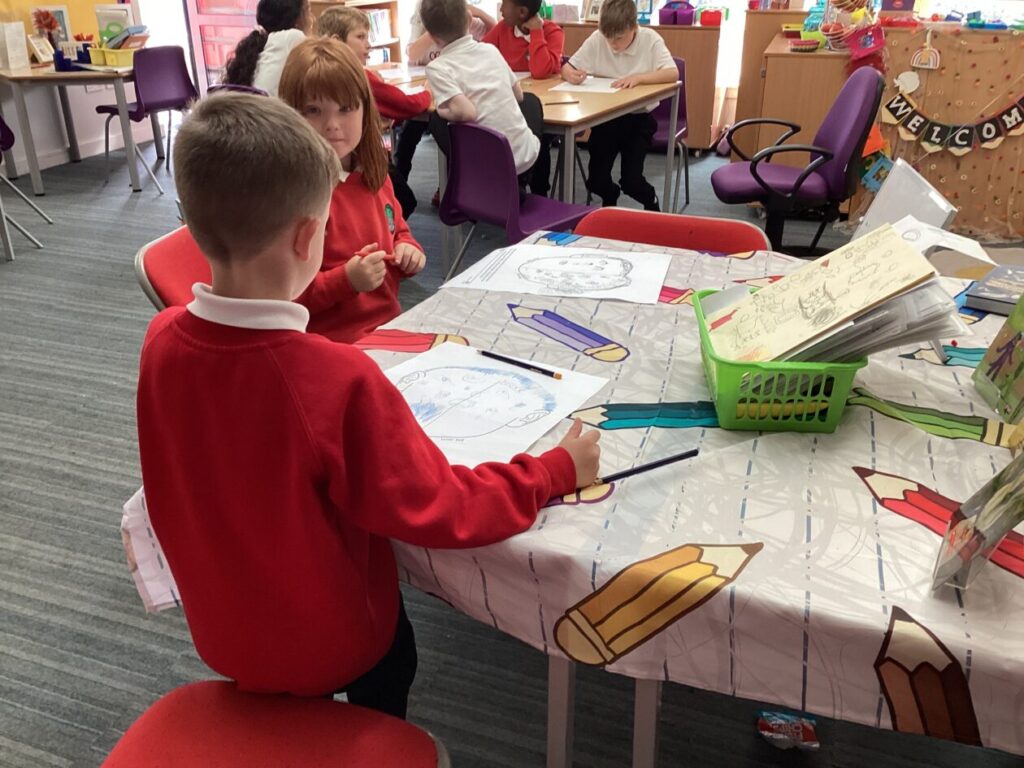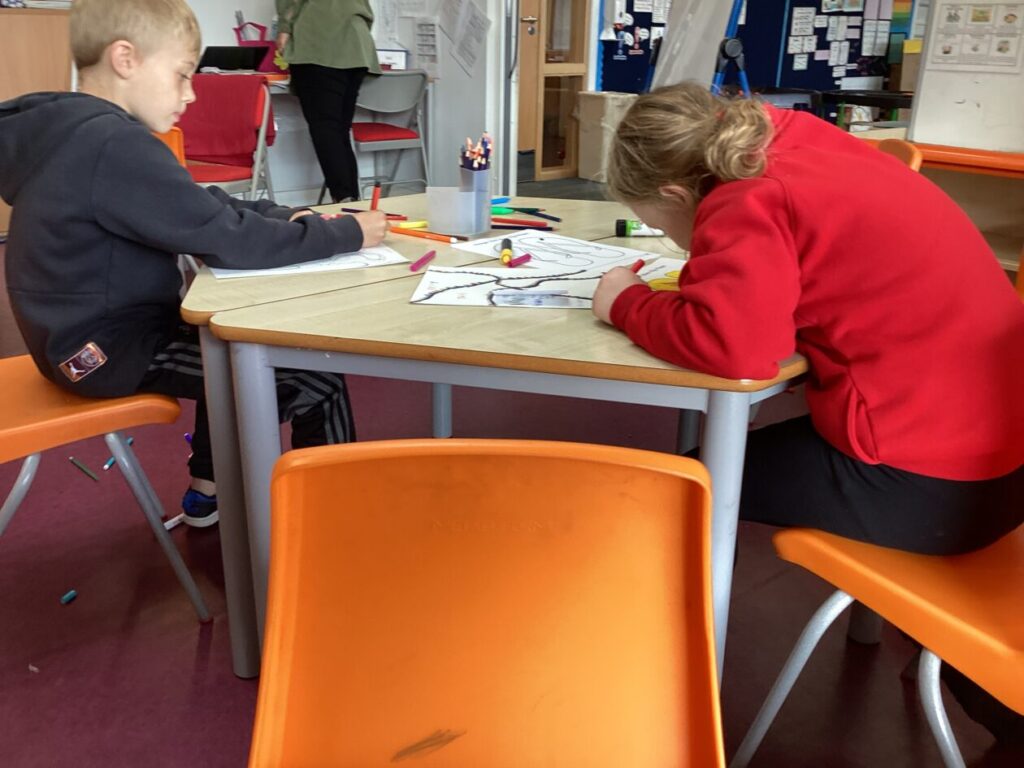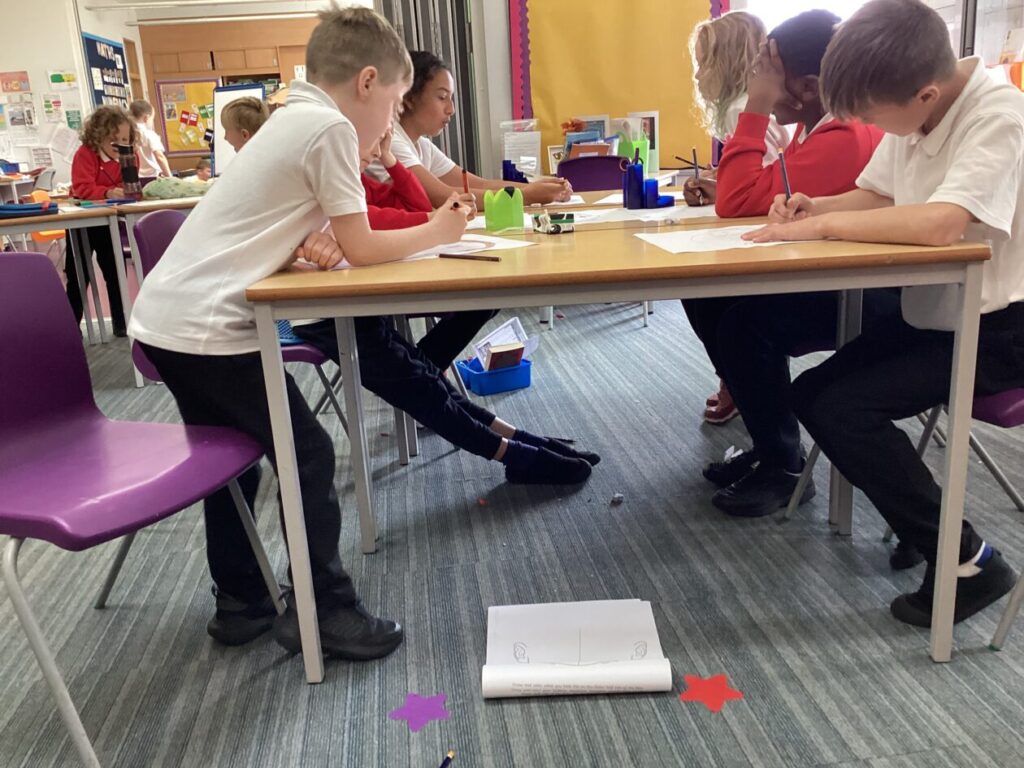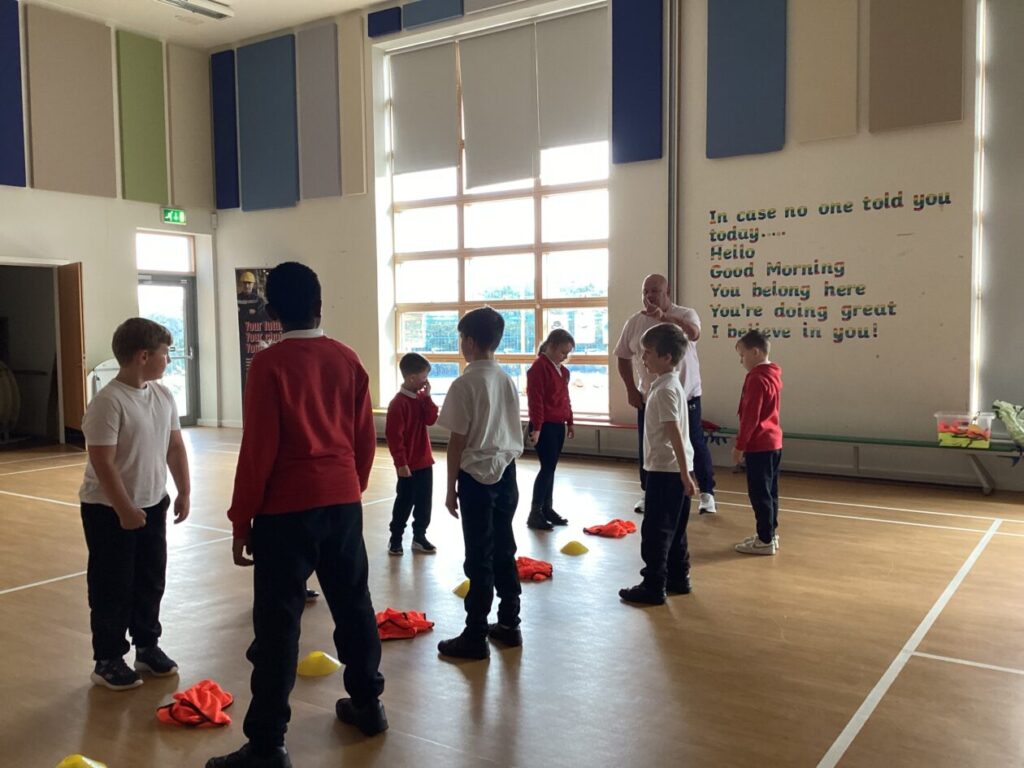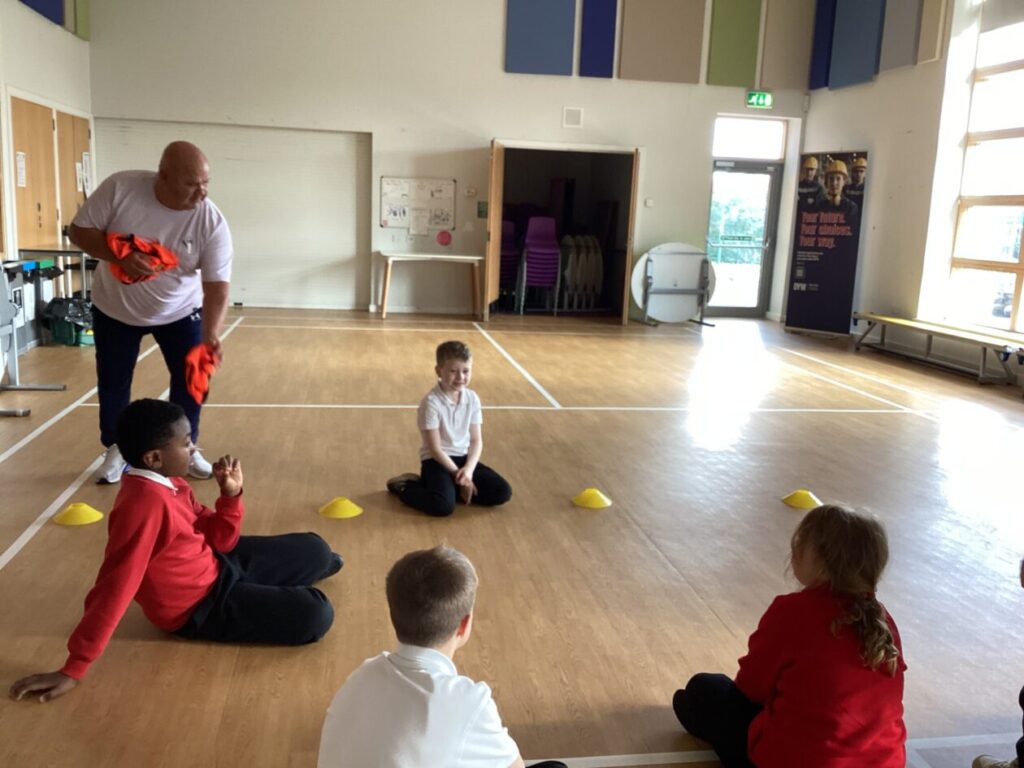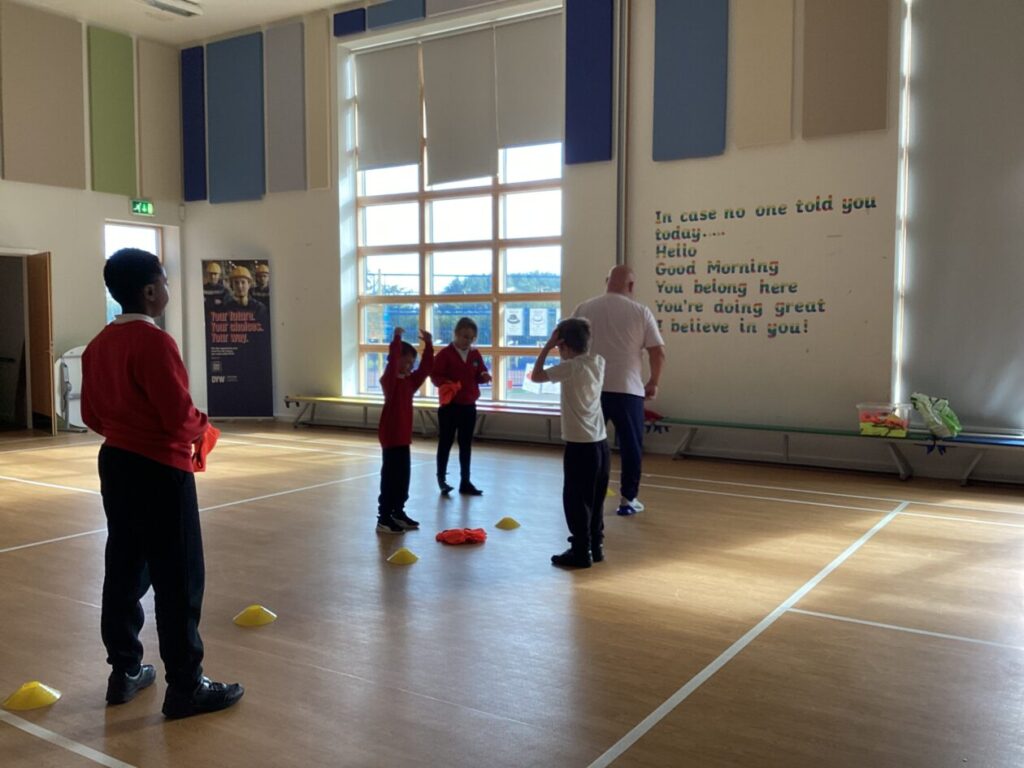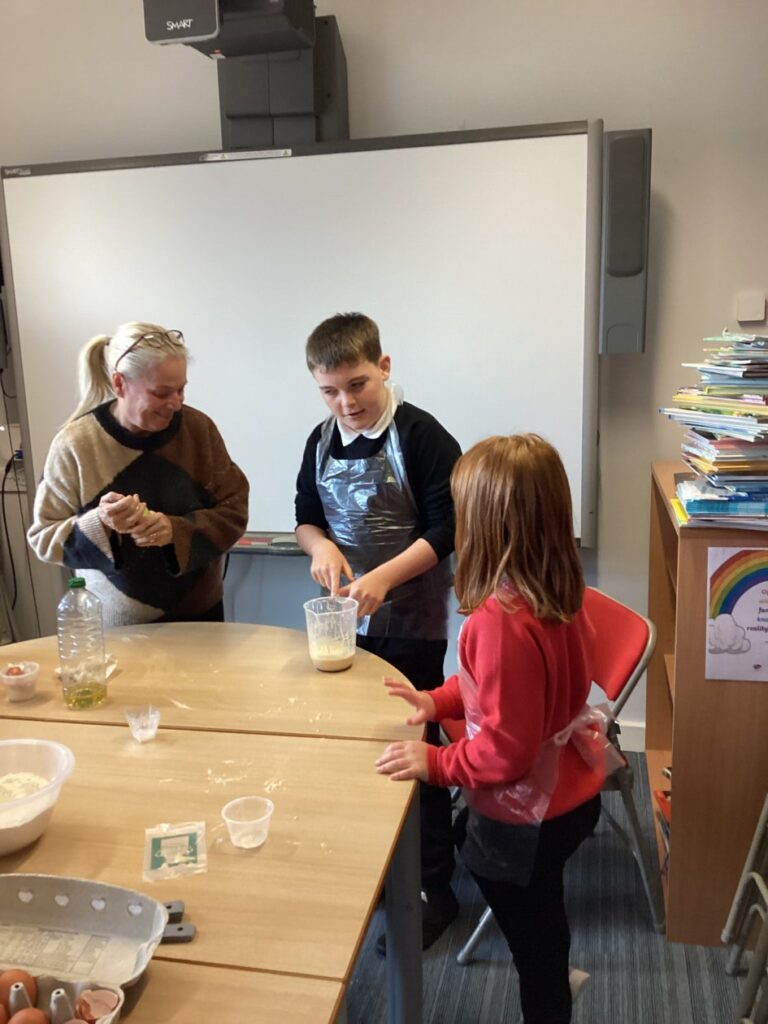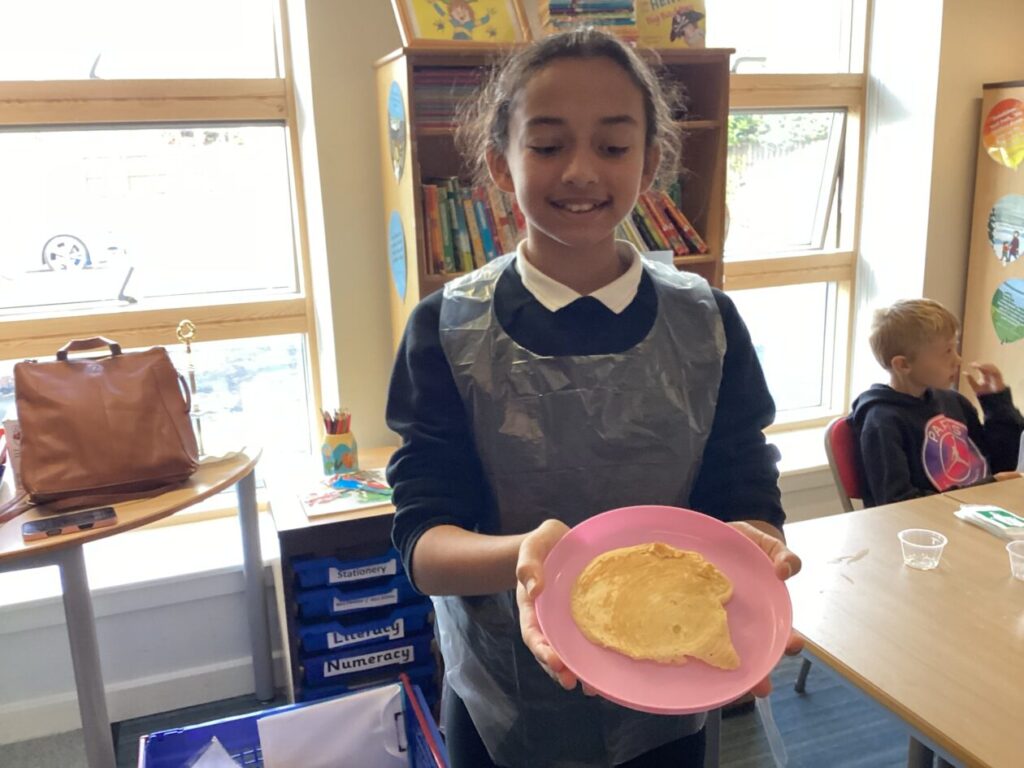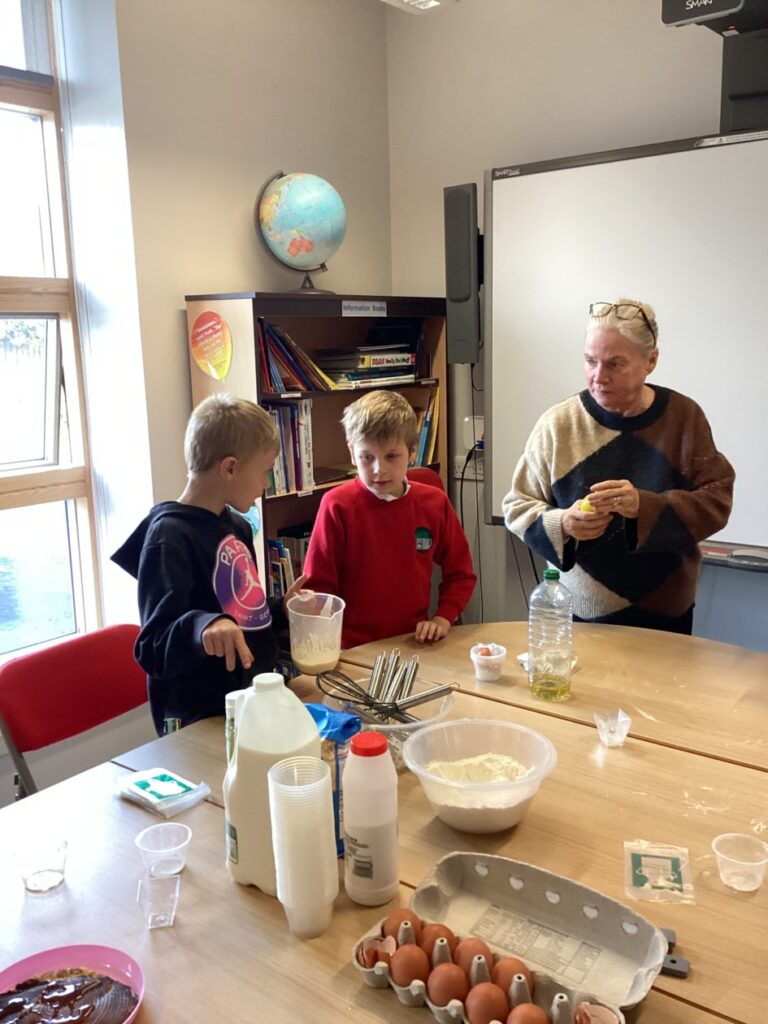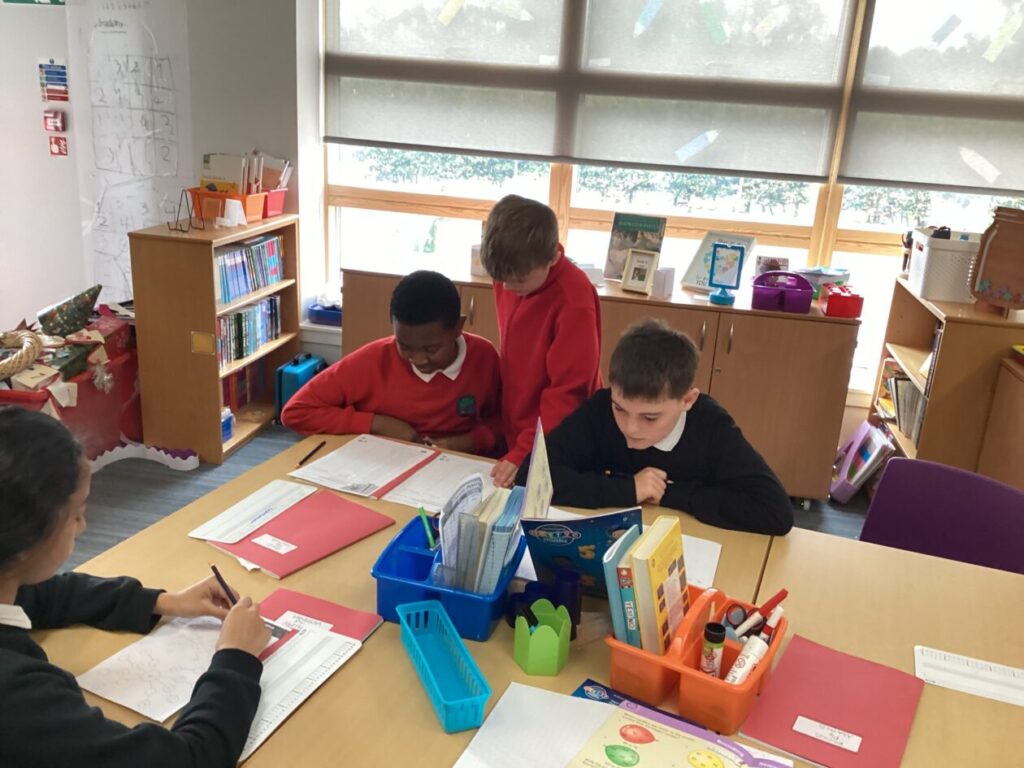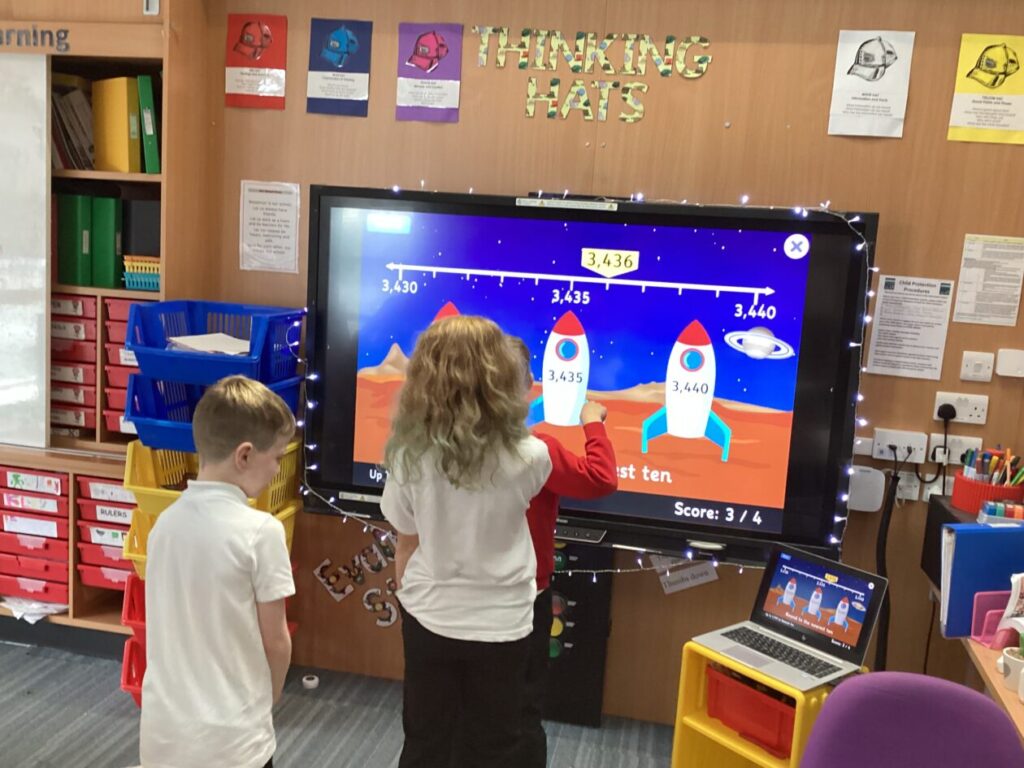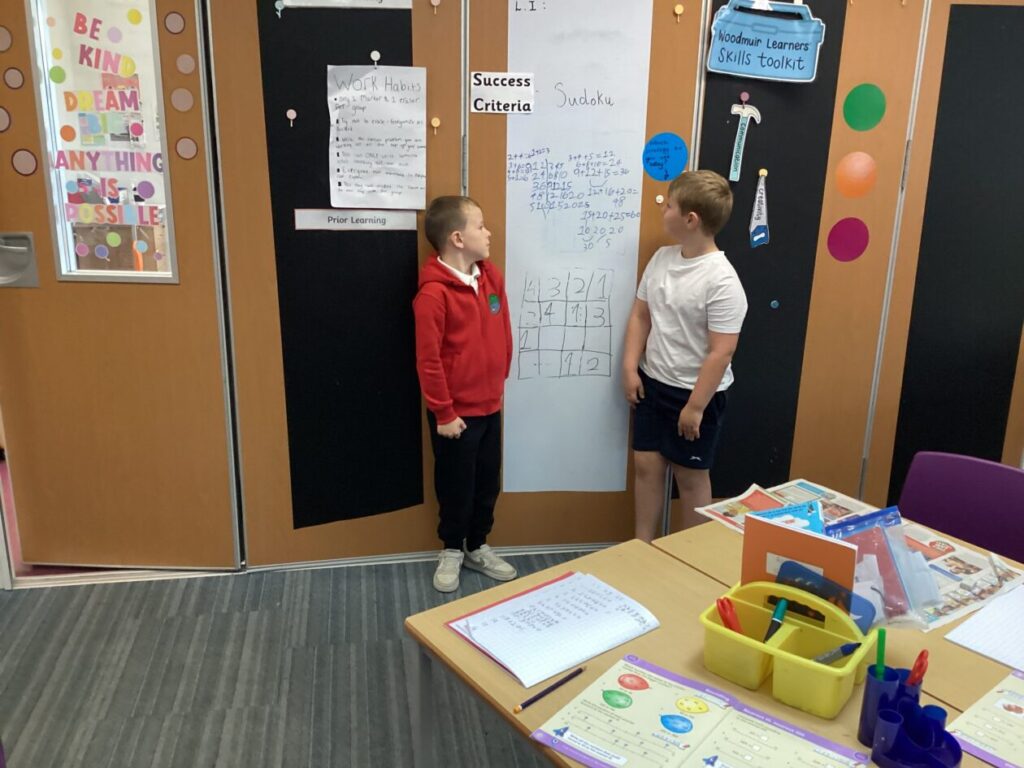Mr McNaughton was leading the learning our project based learning on France!
Watch this space!
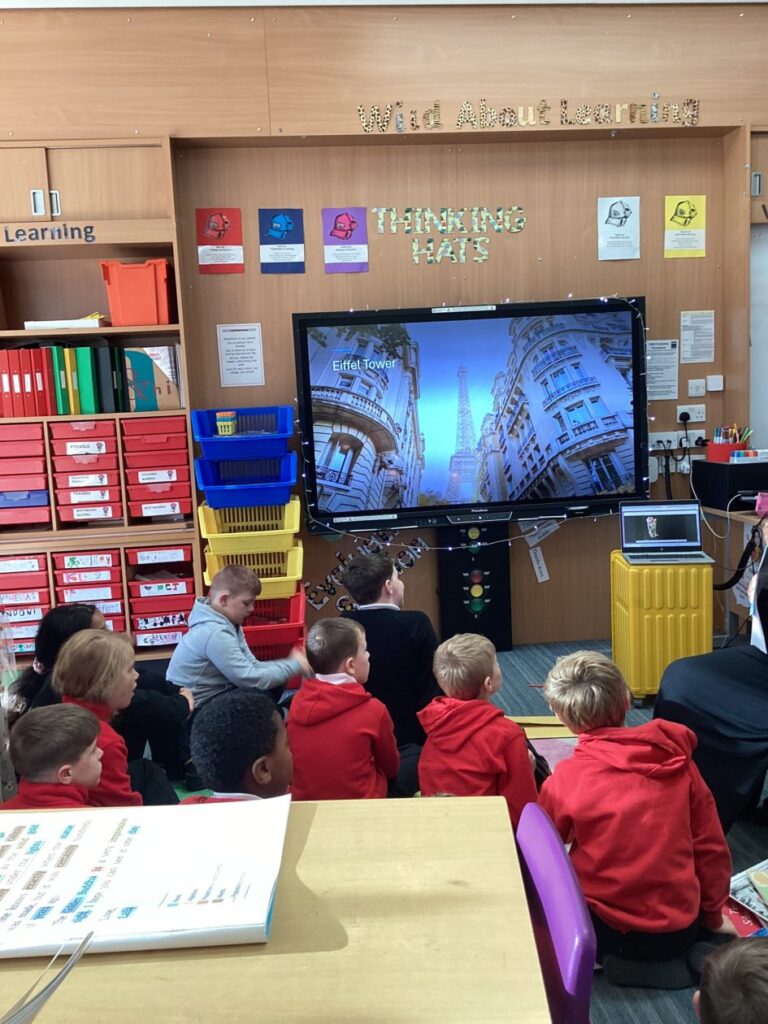
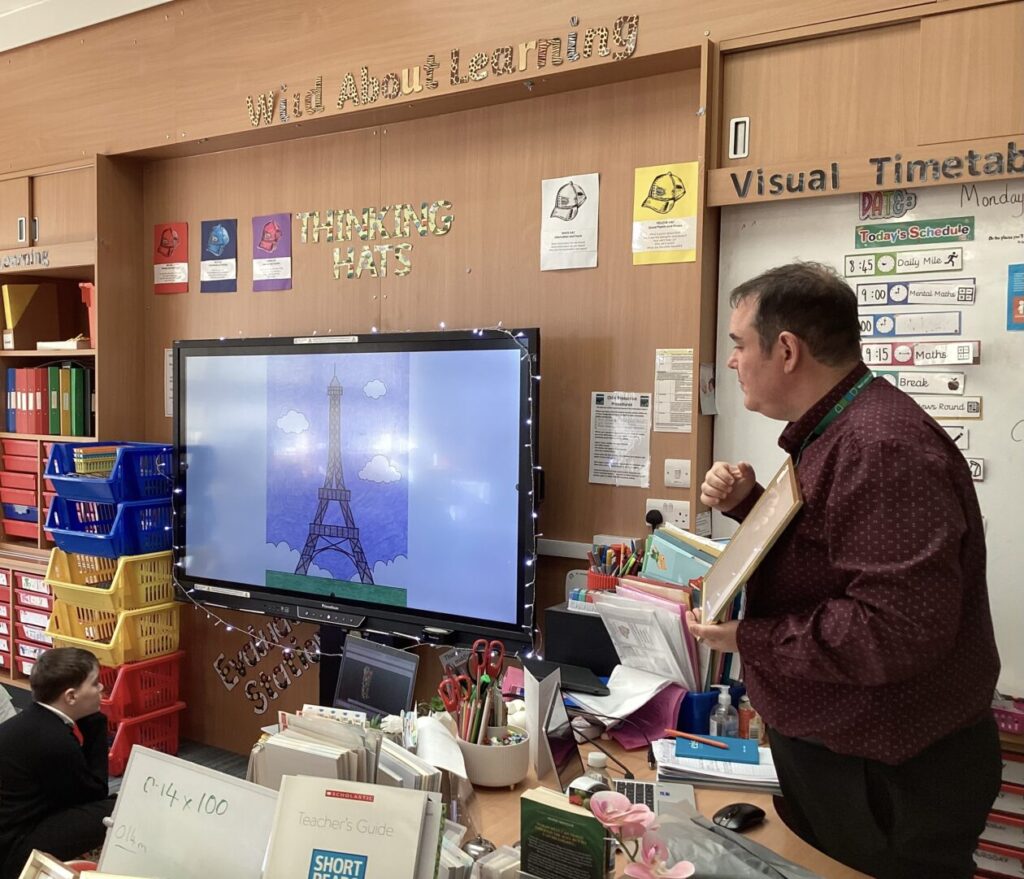
Mr McNaughton was leading the learning our project based learning on France!
Watch this space!


What a superstar! This boy managed to get the last two fantastic guesses for our Wordle today!
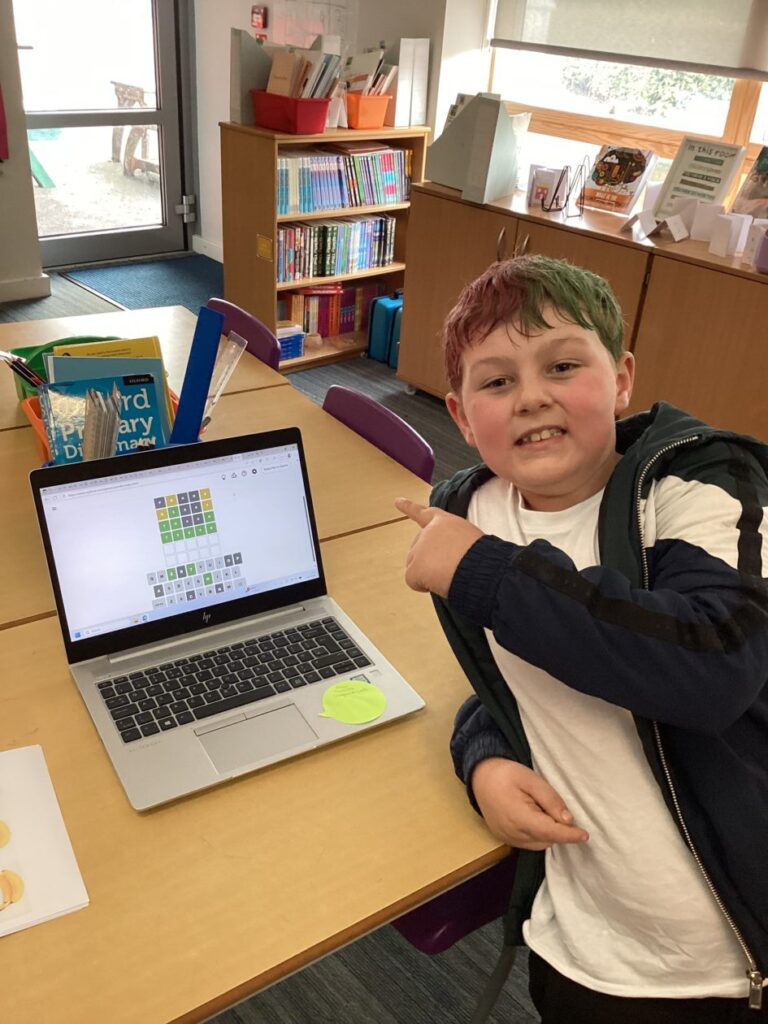
Today as part of Maths week Scotland, we worked outside as a team to collect natural materials such as leaves, pebbles, sticks and feathers. Back in the classroom we created designs such as repeated patterns and lines of symmetry using our own materials.
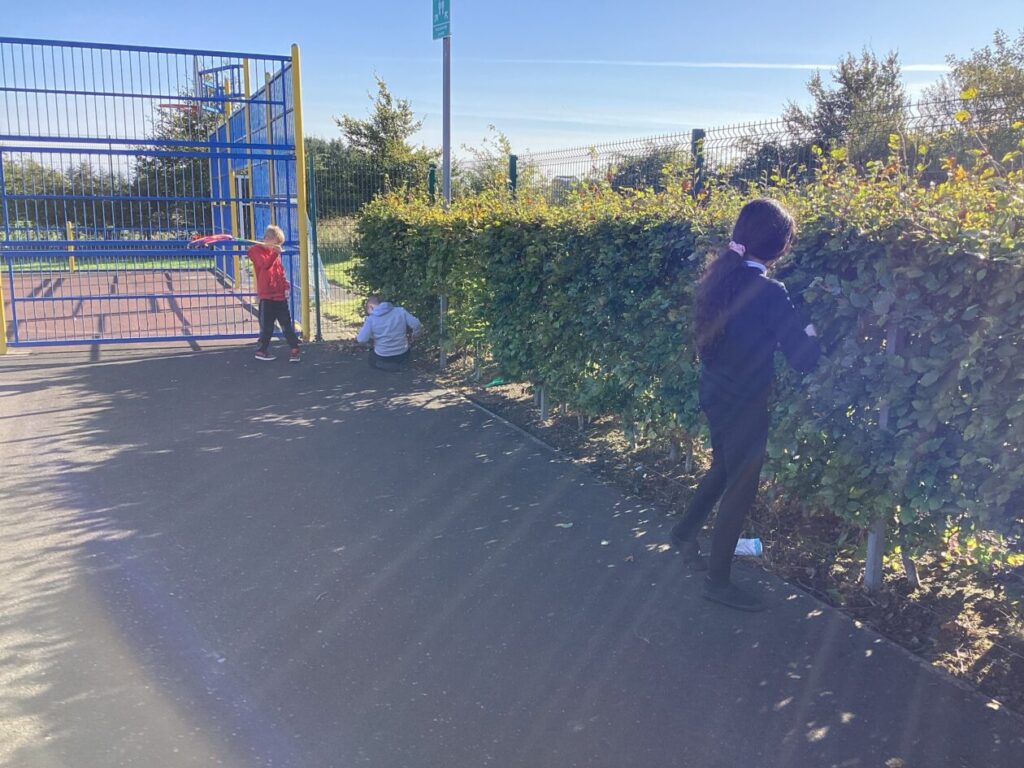
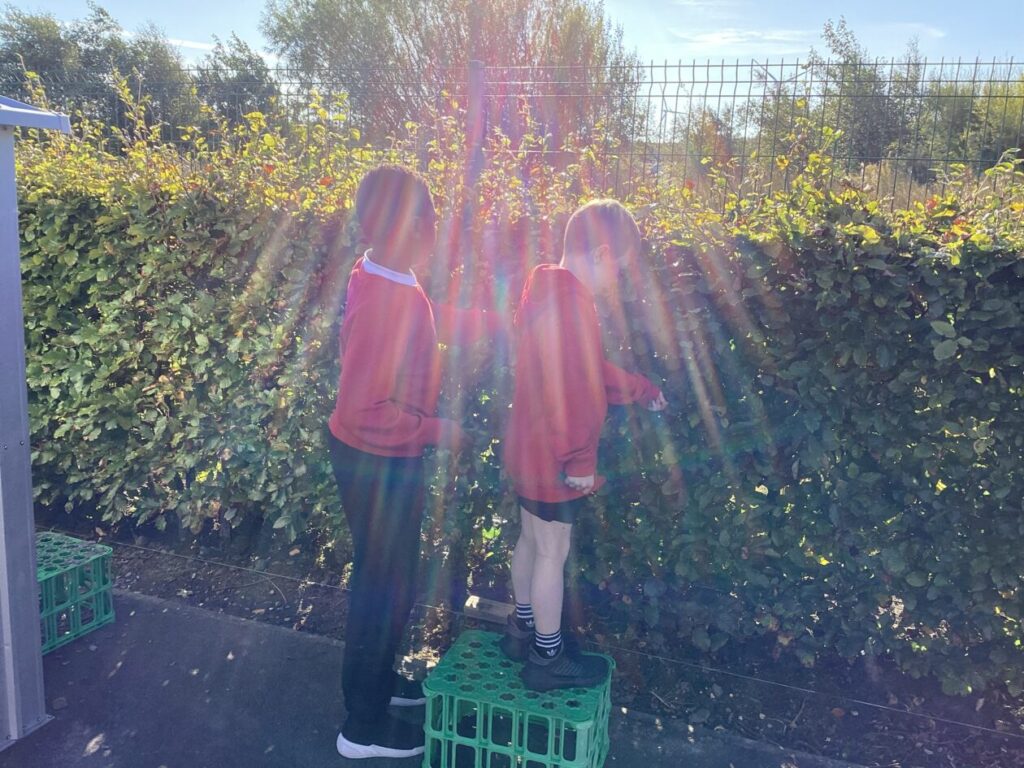
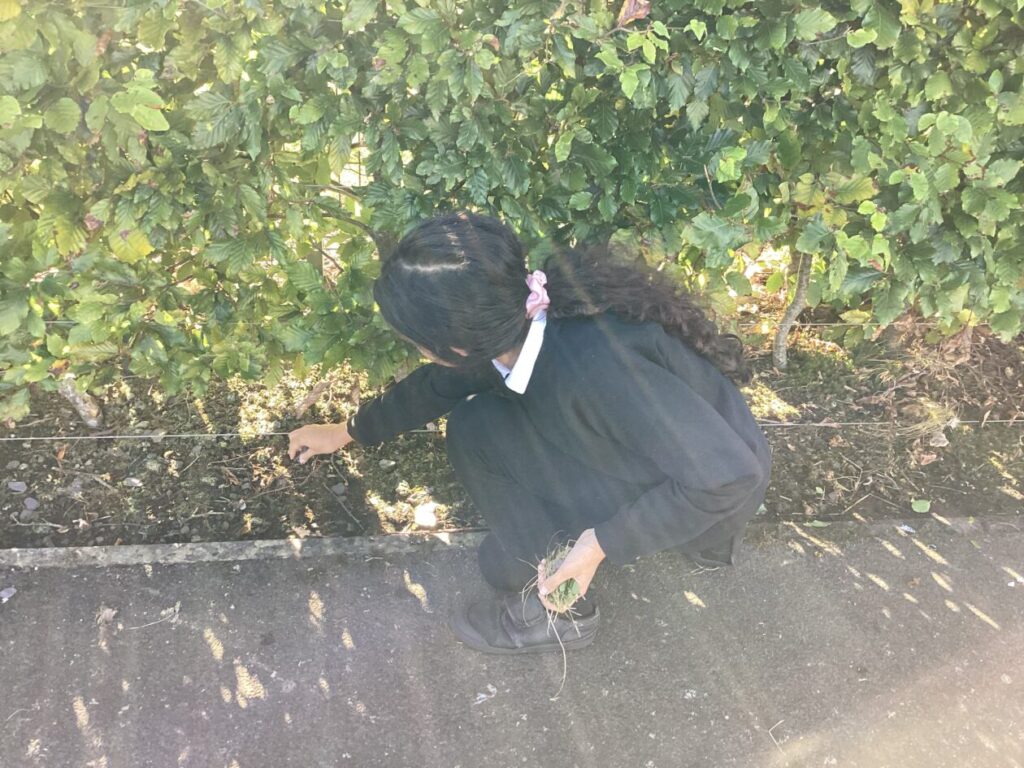
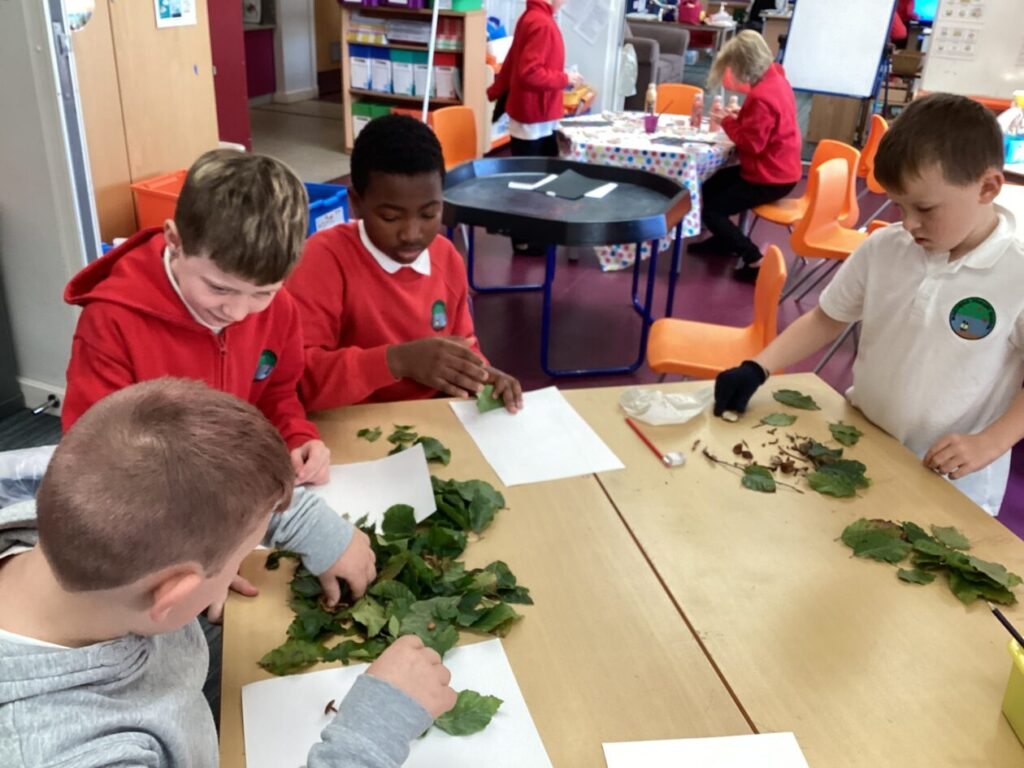
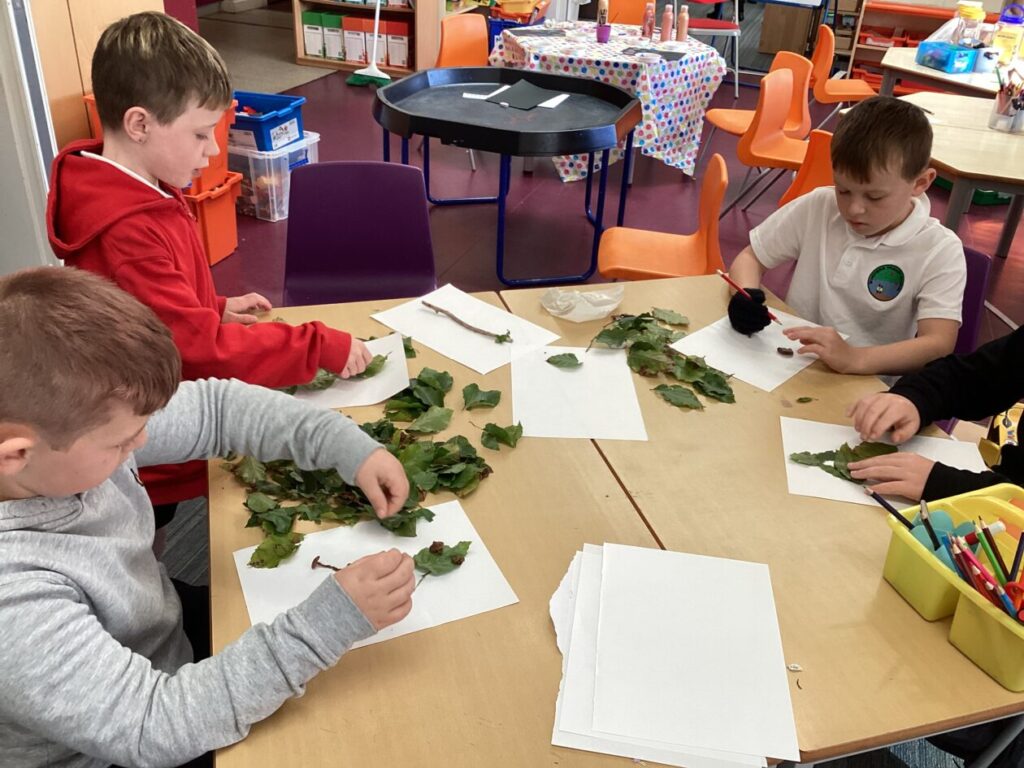
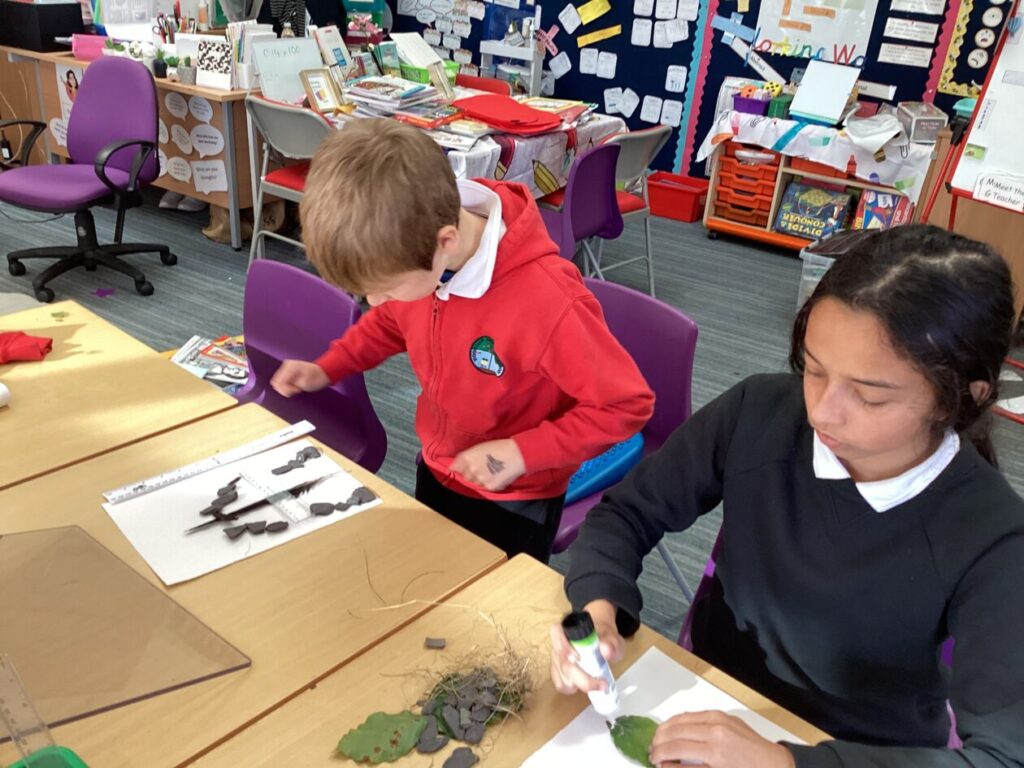
Today as part of our maths lesson we went out to the school playground on a pattern hunt. We found different tree barks, arrangements of plants, games markings, paving stones, brick walls and windows to name a few! Lots of collaboration and creativity!
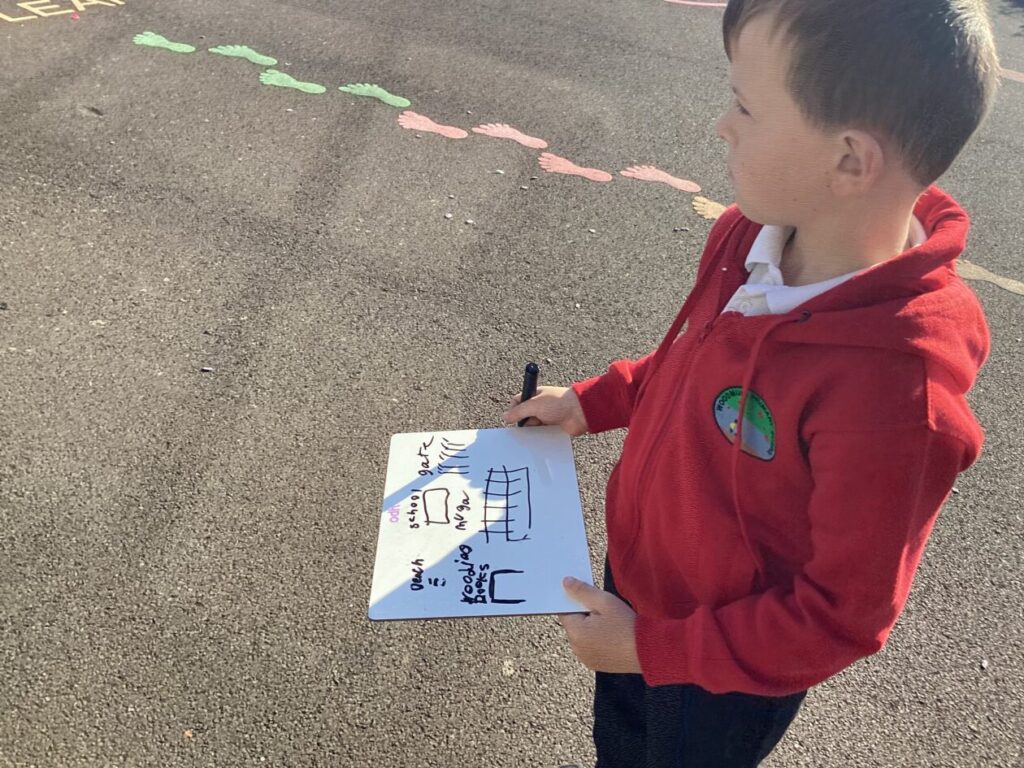
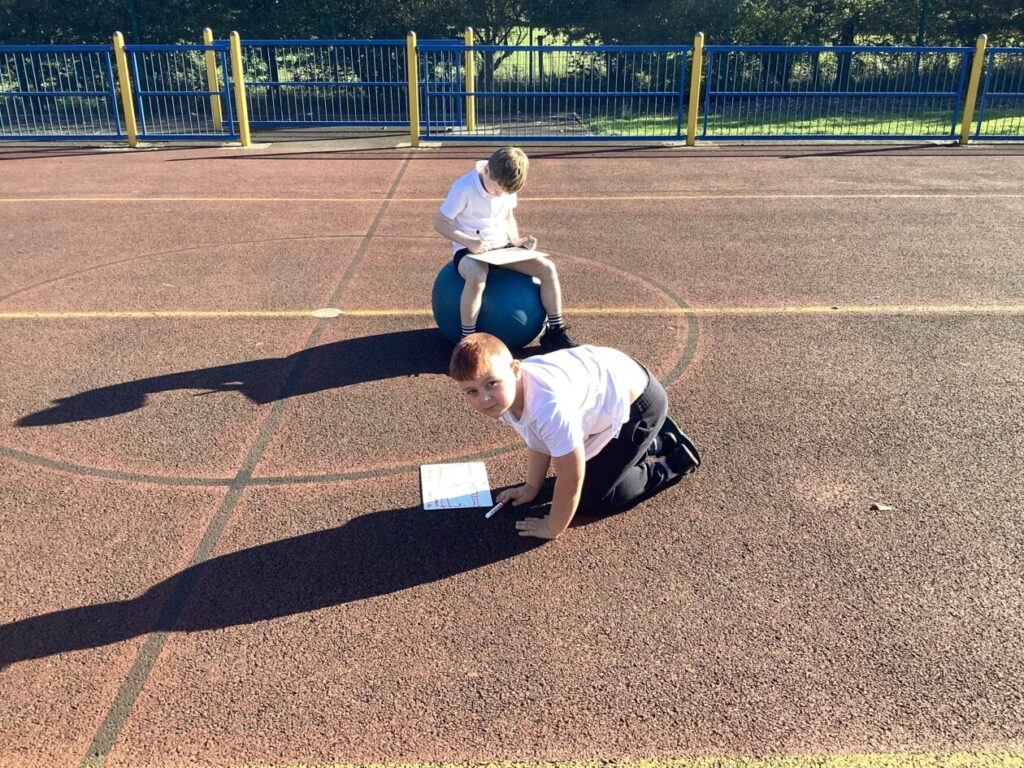
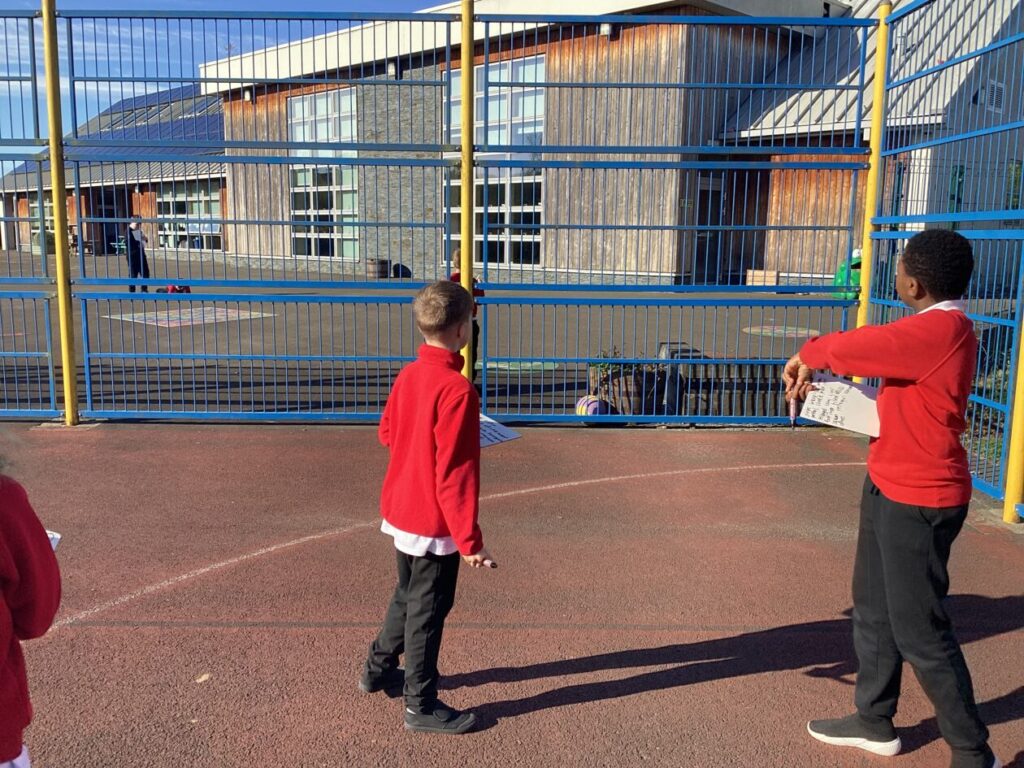
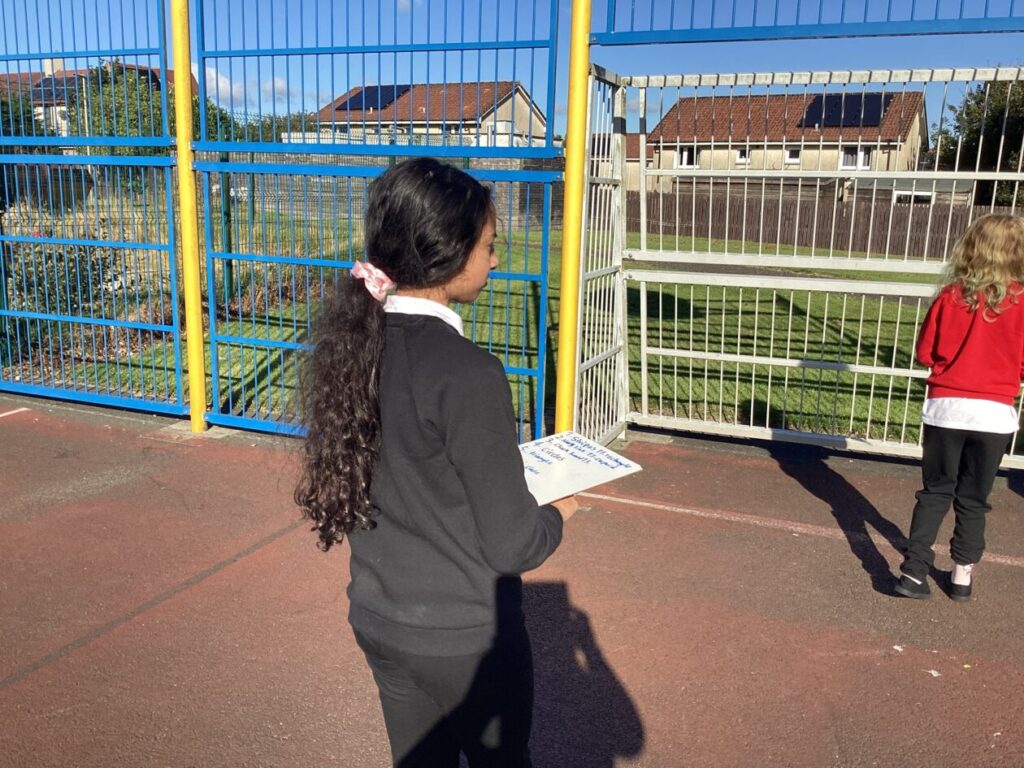
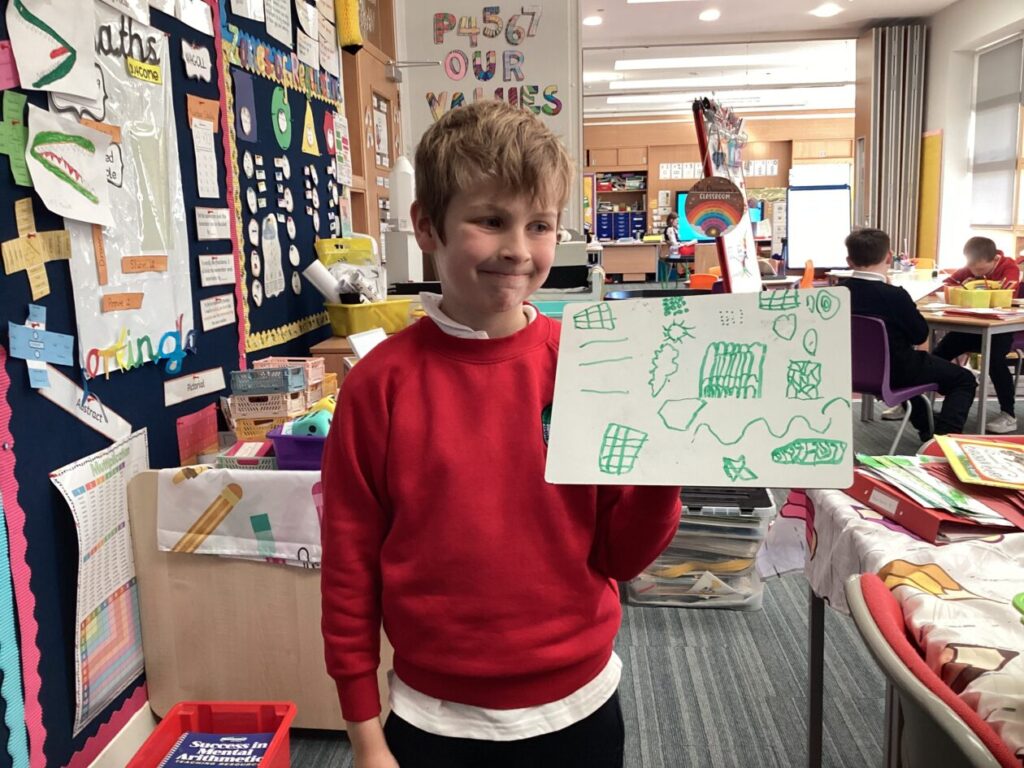
We have been Emotional Detectives today with our handy magnifying glasses! We were identifying the emotions of the characters in our books but looking at facial expressions and body language.
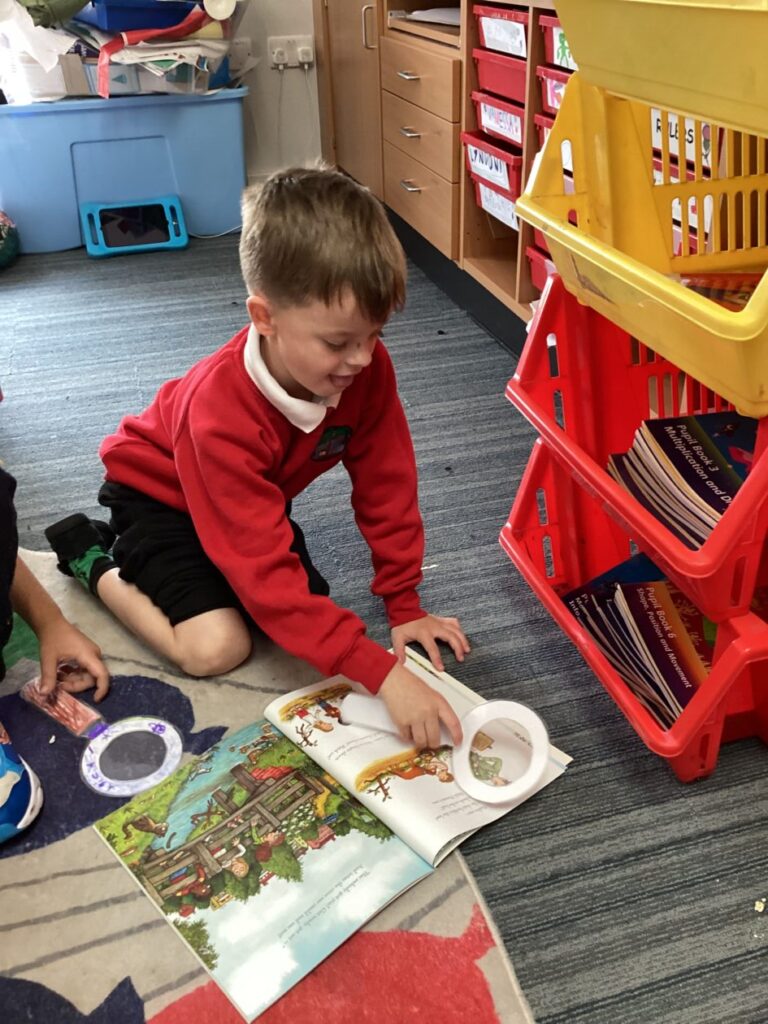
Today we challenged ourselves to draw the Eiffel Tower as part of our creativity project. We were practicing using line as outline, drawing shapes and bold lines using our rulers. At the end we used Eiffel Tower grey to colour our drawings in and we added in a few clouds to the sky. The end results are fantastic and we are all very proud of our finished art pieces.
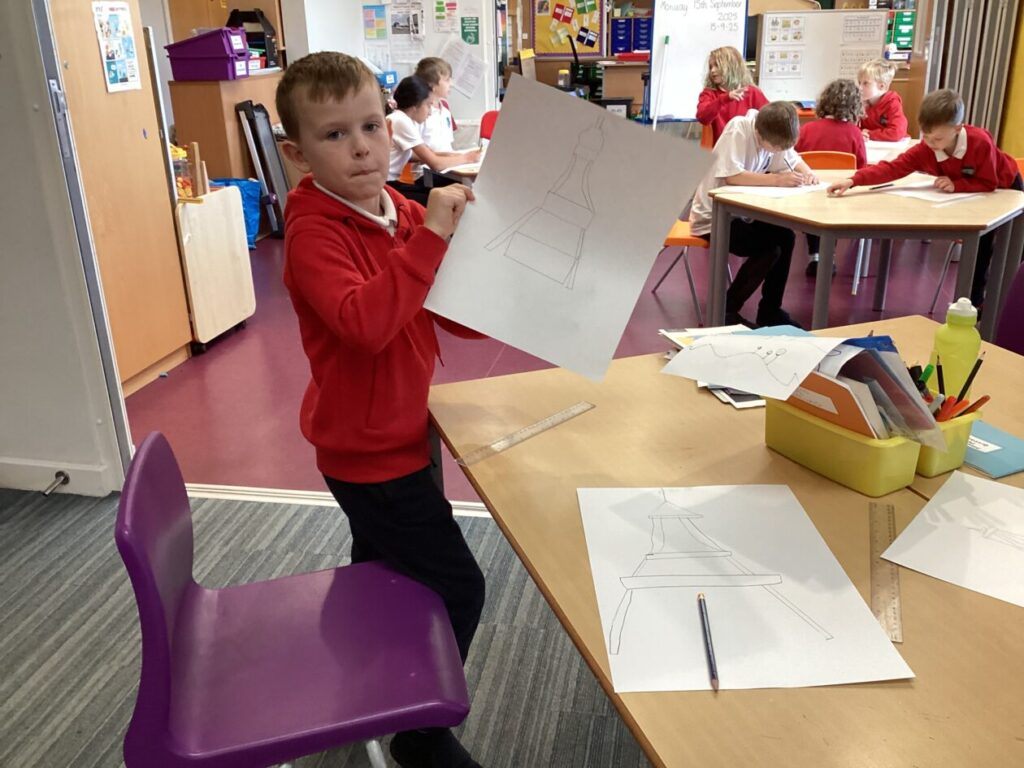
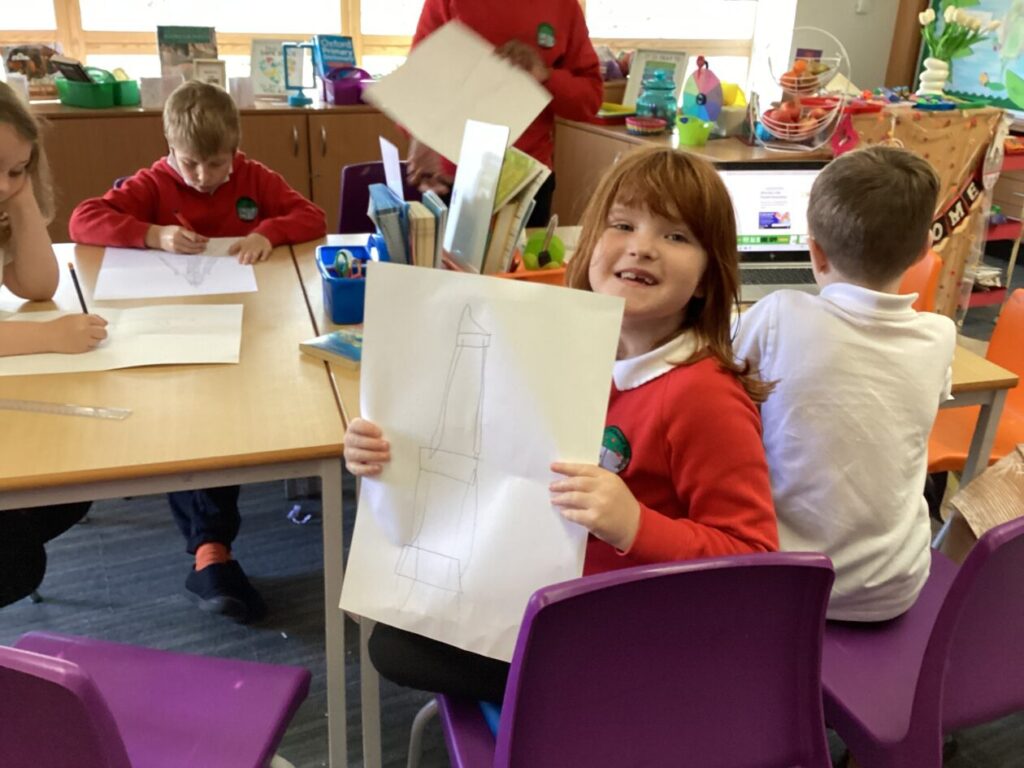
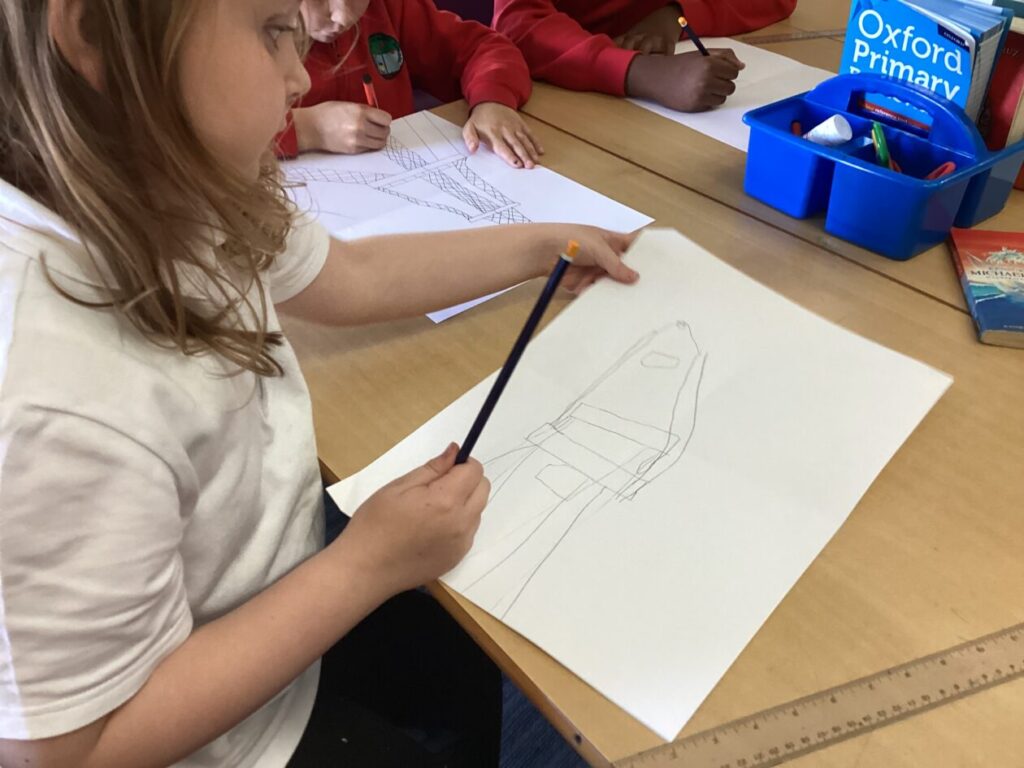
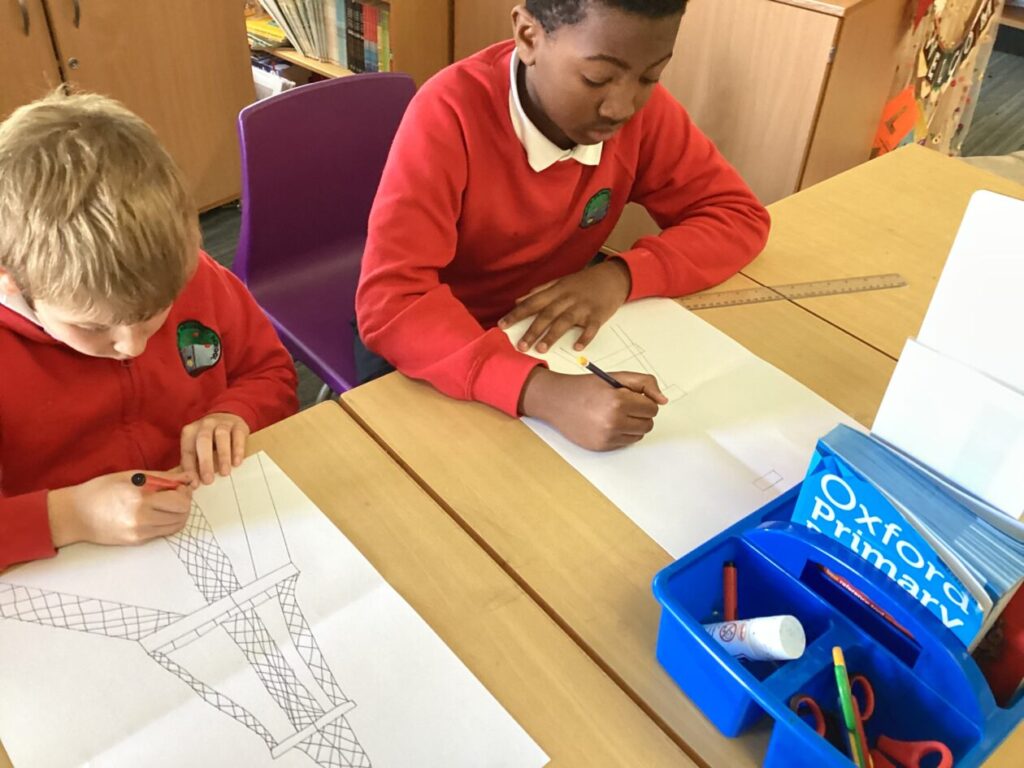
We have been discussing how we are all different and unique as part of our school assemblies and school Charter. We are drawing self portraits to express our own appearance and personality traits and they are looking fantastic!
